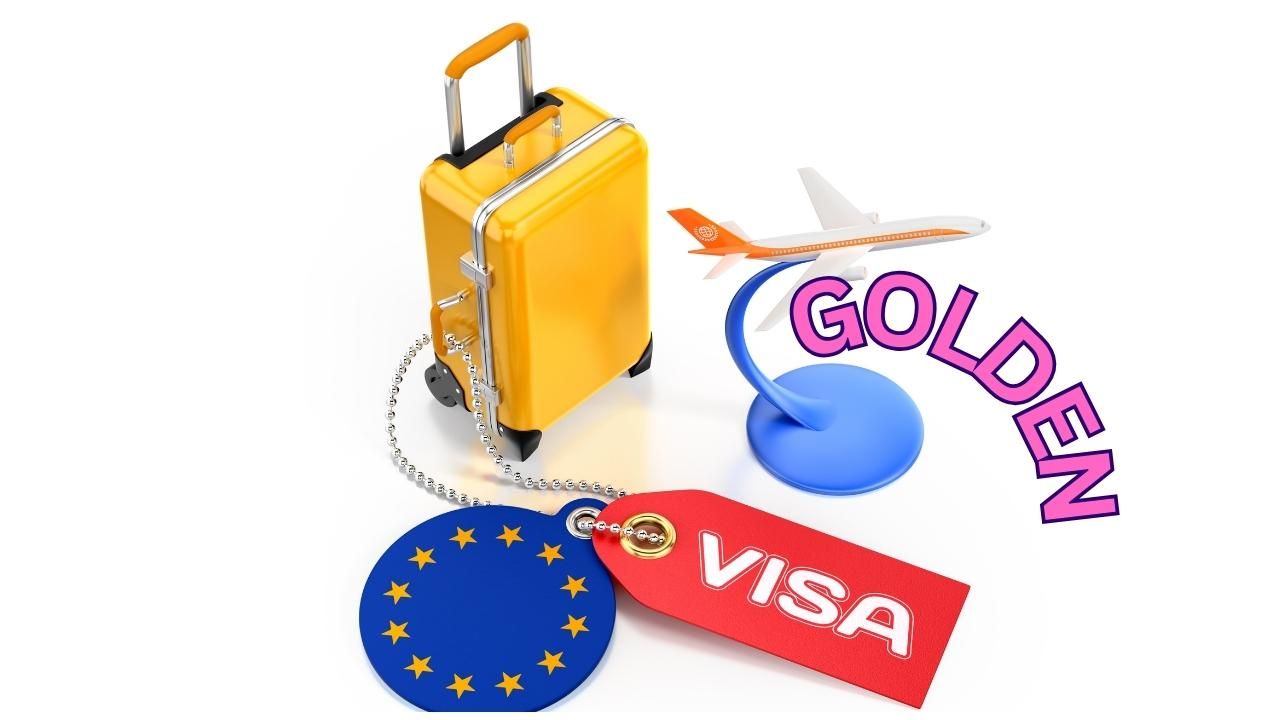Although digital nomads have long made Thailand their home base, they haven't been formally accepted until recently.
In the upcoming weeks, the nation will introduce its eagerly anticipated digital nomad visa, which will allow individuals to work remotely for a maximum of one year.
When the Destination Thailand Visa (DTV) was introduced in May, Foreign Ministry spokeswoman Chai Wacharonke told the media that it was aimed at "digital nomads, remote workers and freelancers, as well as those who want to learn muay Thai [boxing] and Thai cuisine."
The five-year validity of the multiple-entry visa allows for visits of up to 180 days, with the option to extend for an additional 180 days.
Before, most visitors from Europe could enter the nation for 30 days without a visa and could stay an additional 30 days. Nevertheless, they were not allowed to work while they were there.
Who can apply for Thailand’s digital nomad visa and how much does it cost?
As announced by the government spokesman, not only does the visa apply to freelancers and remote workers, but also those pursuing cultural activities in the country.
This includes visitors undertaking a course in Thai cooking, the traditional martial art of Thai boxing (muay Thai) or other sport training. Those performing at music festivals, attending seminars or seeking medical treatment may also be eligible.
Spouses and dependent children of DTV holders are also covered by the visa.
The application fee for Thailand’s digital nomad visa is 10,000 Thai baht (€252). It is expected to be available from late June or early July.
Thailand extends visa-on-arrival to 36 countries
Thailand dropped 11 places in the World Economic Forum’s (WEF) latest travel and tourism development ranking, released last month, mainly due to inadequate infrastructure and services.
Nevertheless, in a raft of measures announced at the same time as the DTV, the country laid out plans to boost tourism.
As of this month, its visa extension scheme now applies to 93 countries and territories, up from 57 previously. This allows up to 60-day stays for the purposes of tourism and short-term business engagements, up from the previous 30 days.
Newly eligible countries include Albania, Croatia, Kosovo and Morocco, among others.
A further 31 countries can receive a 15-day tourism visa on arrival at the airport in Thailand, up from 19 countries previously.
Foreign students will also be granted a one-year stay following graduation to allow time to search for jobs, whereas previously they were required to leave the country immediately.
There’s good news for over-50s seeking a sunny retirement too: the previous requirement to have insurance coverage worth 3 million THB (€75,550) has now been reduced to just 440,000 THB (€11,000).








.svg)


